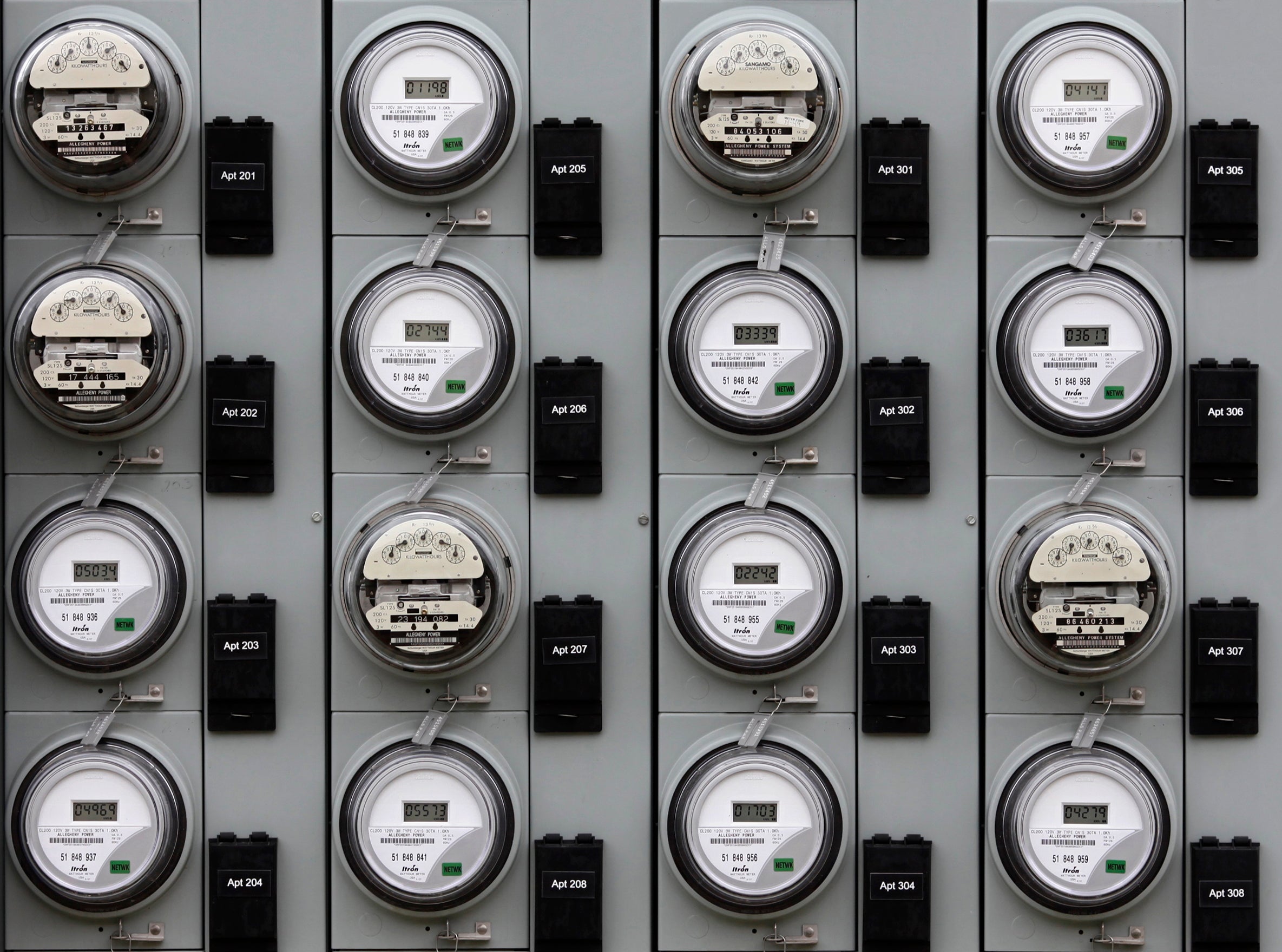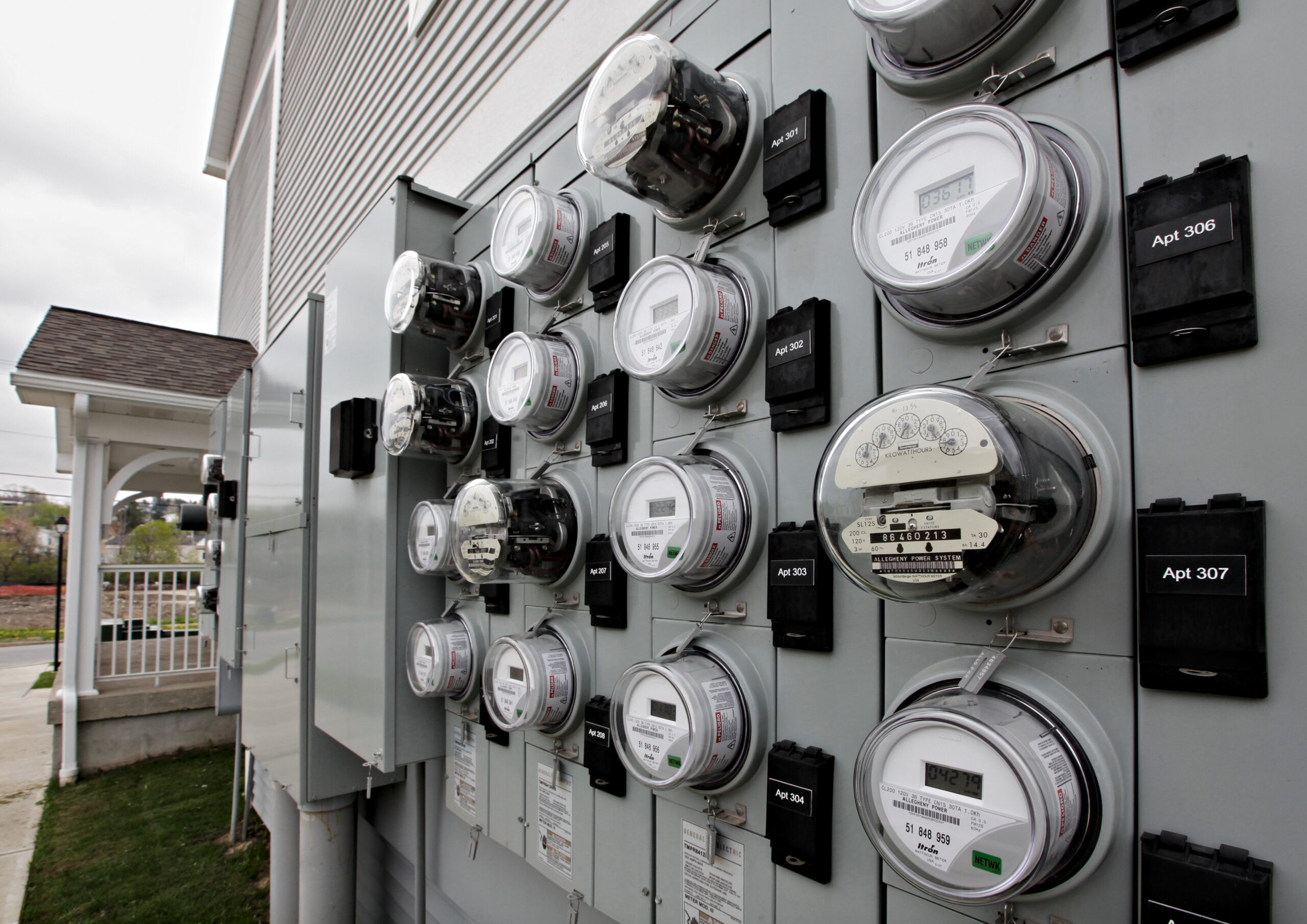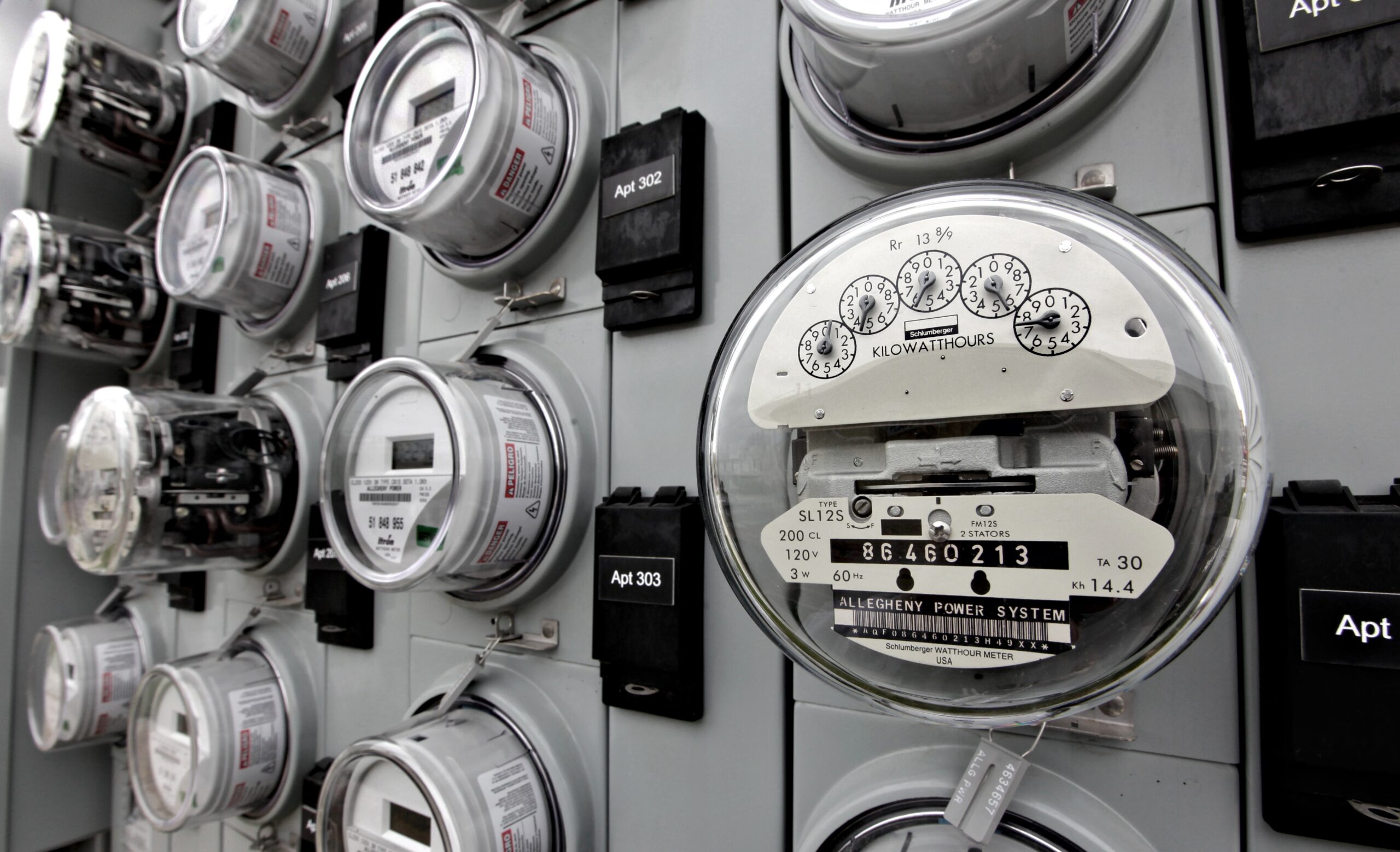Wisconsin utility regulators are discontinuing the last remaining protections put in place for ratepayers during the COVID-19 pandemic. The change will begin in November when Wisconsin’s winter heating moratorium takes effect.
The Wisconsin Public Service Commission lifted a moratorium on utility shutoffs in April last year, but several other provisions remained in place.
Those protections included requirements for utilities to set up deferred payment plans prior to disconnecting service for low-income customers who were unable to pay a bill in full. Utilities also had to postpone shutting off gas or water for 21 days if a customer, or someone in their household, tested positive for COVID-19.
News with a little more humanity
WPR’s “Wisconsin Today” newsletter keeps you connected to the state you love without feeling overwhelmed. No paywall. No agenda. No corporate filter.
On Wednesday, regulators voted unanimously to discontinue those protections, citing a return to business as usual.
“There also are a number of utilities who voluntarily work with their customers one-on-one, and they take individual circumstances into consideration when they’re talking about payment plans,” said PSC Chair Rebecca Valcq.
The commission noted that most utilities require less than half of the amount owed for down payment when customers set up a repayment plan.
Commissioner Ellen Nowak said there’s no evidence regulators should continue COVID-19 protections.
“The pandemic is over. There’s no public health emergencies,” said Nowak. “We’re just going back to rules and practices that existed and worked before.”
Commissioner Tyler Huebner agreed that utilities have provided more flexibility to customers and reduced requirements for down payments on unpaid bills. Even so, he said COVID-19 is still a concern for some.
“I’m coming off of it myself,” said Huebner. “The (public health) recommendations are still you’re home for five days. For a lot of low-income folks, if you’re working retail, restaurant, you’re not working.”
Under the changes, utilities can once again charge fees for processing credit card payments, and they don’t have to file disconnection plans with regulators. Residential disconnections would only be limited by the winter heating moratorium that prevents shutoffs of power and gas for customers who can’t afford to pay through April 15.
While utilities are ending pandemic protections, there is help available for low-income people who need help keeping their homes warm this winter. The state is set to receive around $100 million in federal funding this year in low-income heating assistance. Wisconsin is also receiving about $1 million each year in extra funding for energy assistance under the bipartisan infrastructure law through 2026.
Gov. Tony Evers announced in September another $16.6 million in funding for the Wisconsin Home Energy Assistance Program and the Keep Wisconsin Warm/Cool Fund.
Staff within the Department of Administration expect an increase in applications for energy assistance as natural gas prices are anticipated to drive higher heating bills this winter.
Wisconsin Public Radio, © Copyright 2026, Board of Regents of the University of Wisconsin System and Wisconsin Educational Communications Board.





